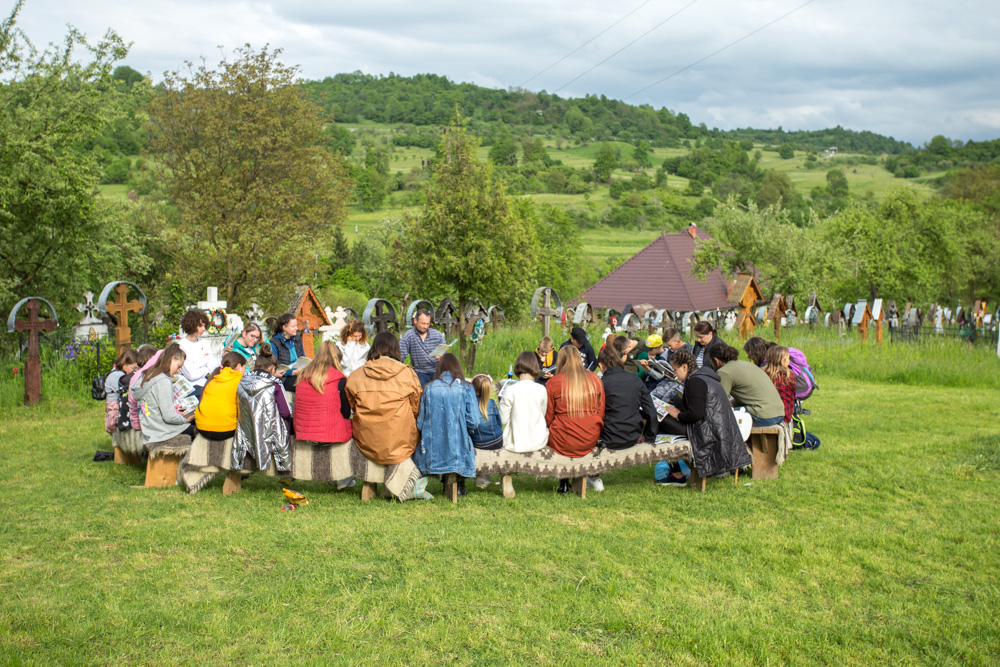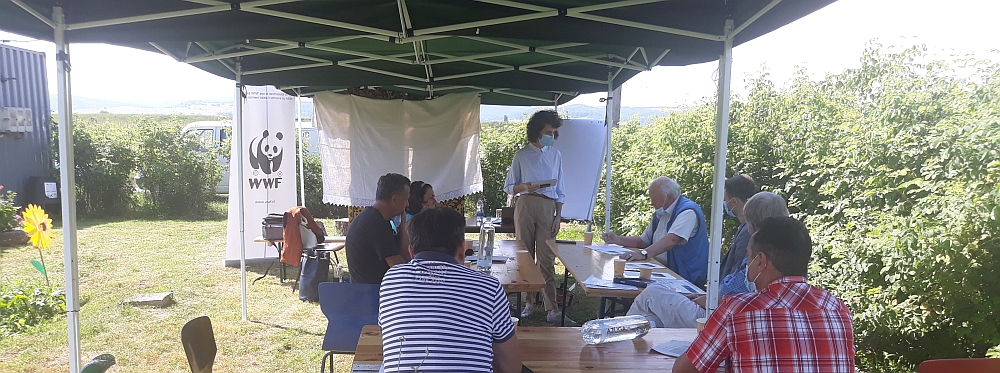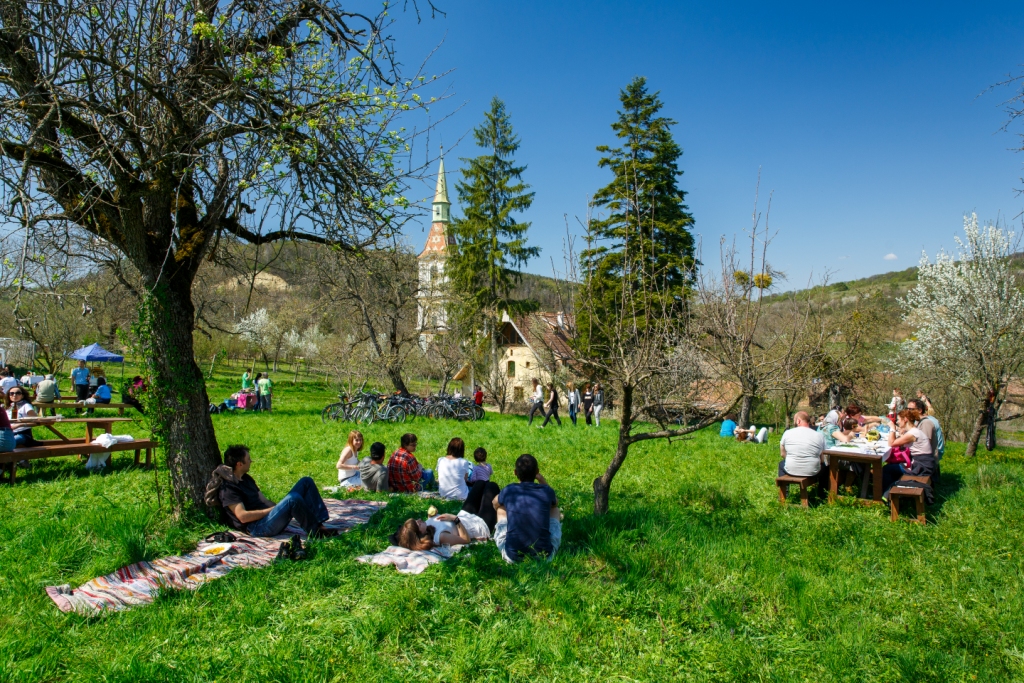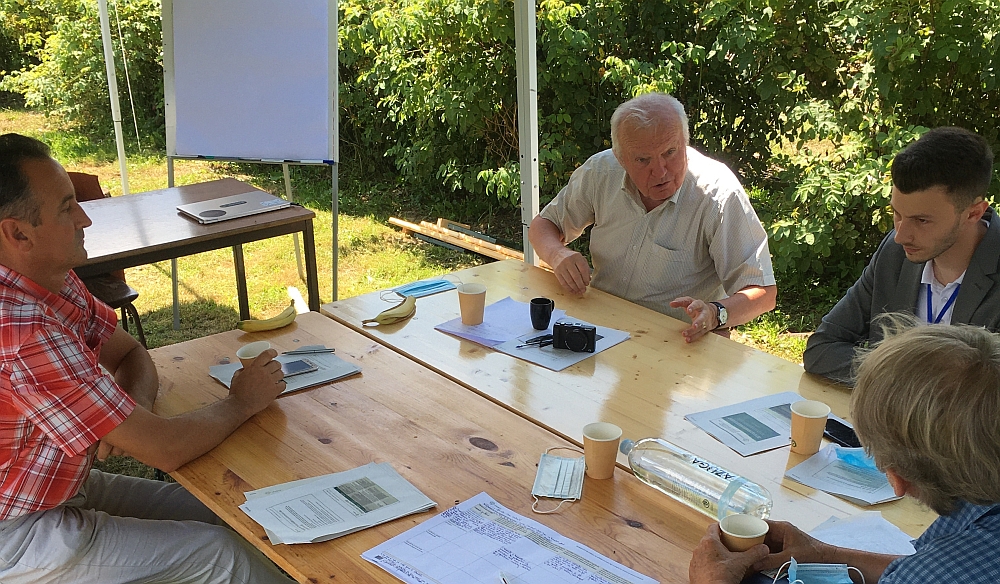Transdisciplinarity in action: How have NGOs been involved in UNISECO?
The assessment and improvement of complex systems such as farming and food production require the integration of knowledge from numerous disciplines in natural science, social science and humanities, technical, professional and traditional, localised knowledge. UNISECO addressed this challenge by employing a transdisciplinary approach that included scientists/researchers, experts and practitioners from humanities, social and natural science, farming, advisory services, environmental conservation, actors in the value chain, consumers and actors involved in designing market incentives and policies in the food sector. Through this approach, the continuum between science-policy-practice (or vice versa) was sought so that the much needed co-learning and co-construction of practical, actionable ideas could take place.
NGOs were involved in the project consortium itself - Baltic Environmental Forum Latvia, Baltic Environmental Forum Lithuania and WWF-Romania - and in networking and knowledge sharing platforms (multi-actor platforms - MAPs) set up in each project country and at EU level, where the different tasks of the project were then carried out through participatory processes. The MAPs also acted as a framework to support co-learning and systemic thinking. The members of the MAPs, including NGOs, were selected and invited based on specific criteria such as relevance, representativeness, geographical spread, but also age and gender, to ensure a diversity of standpoints across the disciplines and interests that are engaged in food production in general and agro-ecology in particular. In each case study, the MAP members were also selected around the thematic emphasis and the key research questions (in short, the dilemma) that were to be answered over the course of the project.
UNISECO activated more than 300 people from the whole policy-science-practice spectrum in the MAPs, of which nearly 10% were NGO representatives. NGO participants were involved in social network analyses, analyses of existing policy and market instruments, the multi-criteria analysis of new/innovative instruments for transition, and the co-construction of transition strategies to agro-ecological farming systems, as well as in other tasks such as deploying decision support tools (programs for capturing the multi-dimensional performance of farms involved in the project - SMART, COMPAS, CFT).
For more details about the multi-actor approach used in UNISECO see our reports below. We encourage you to make use of this approach to build and maintain consensus and information flows in your local setting, and to unlock the potential of collective wisdom to create innovative solutions to current and future challenges.
Download reports:
D7.1 - Guidelines for the Selection of Multi-Actor Platform (MAP) Members (link to Zenodo)
D7.2 - A Guide to Transdisciplinarity for Partners (link to Zenodo)
D7.3 - Report on the Assessment of Transdisciplinary Tools and Methods (pdf)



